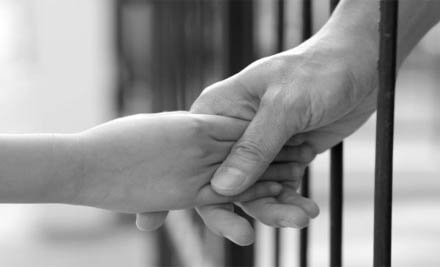Young adults who had a parent imprisoned during their childhood are more likely to skip needed healthcare, smoke cigarettes, engage in risky sexual behaviour and indulge in alcohol and drug abuse, a new study suggests.
The findings, published in the journal Paediatrics, suggest that imprisonment of a mother during childhood, as opposed to a father, doubled the likelihood of young adults using the emergency department instead of a primary care setting for medical care.
The researchers also found that young adults whose mothers had been imprisoned were twice as likely to have sex in exchange for money, while those with histories of father imprisoned were 2.5 times more likely to use intravenous drugs.
“It’s possible that because these young adults are more likely to forgo medical care and engage in unhealthy behaviours, they are at higher risk to develop these physical and mental health conditions,” said lead author Nia Heard-Garris from the Northwestern University Feinberg School of Medicine.
For the study, the researchers analysed national survey data from over 13,000 young adults aged between 24-32 years, finding that 10 per cent have had a parent imprisoned during their childhood.
The study participants were on average 10 years old the first time their parent was incarcerated.
According to the researchers, previous research shows that individuals with a history of parental imprisonment have higher rates of asthma, HIV/AIDS, learning delays, depression, anxiety and post-traumatic stress disorder.
“By pinpointing the specific health-harming behaviours that these young adults demonstrate, this study may be a stepping stone towards seeking more precise ways to mitigate the health risks these young adults face,” said Heard-Garris.
The researchers also stress that more research is needed to identify specific barriers to healthcare, targeting this population’s under-utilization of care. IANS
